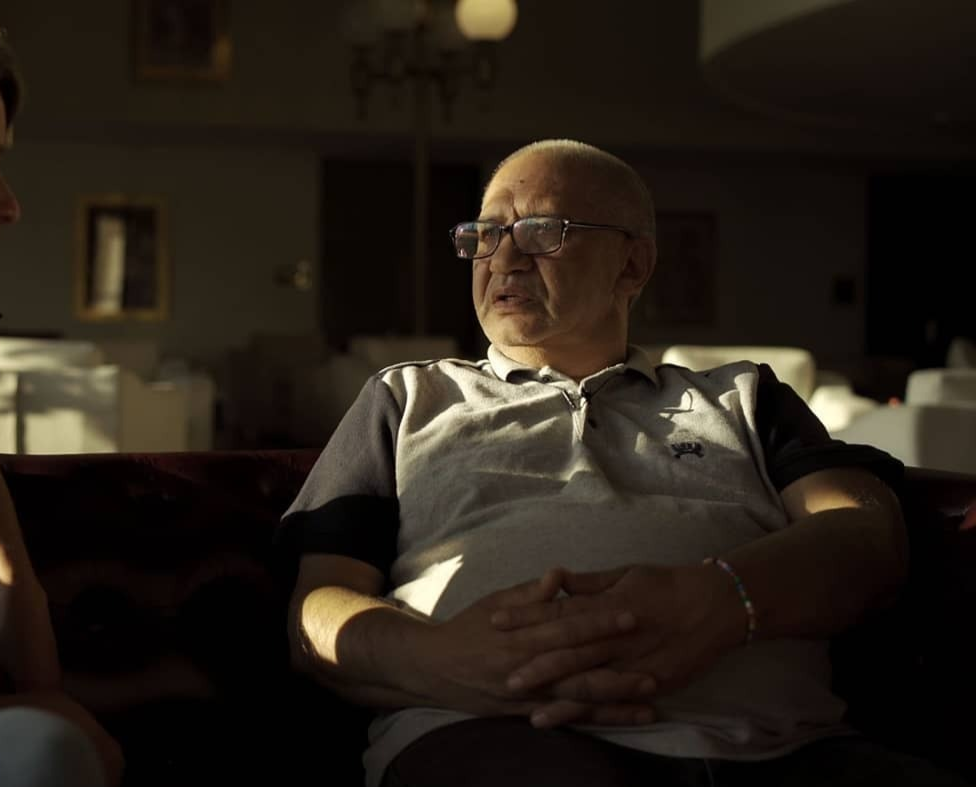
Skirting around equality: 14 years after Sejdić and Finci vs. Bosnia and Herzegovina
By Hope Otieno, Legal Fellow at Minority Rights Group
Bosnia and Herzegovina (BiH) has one of the most complicated systems of governance in the world.
In a bid to end the years of conflict resulting in the deaths of more than 100,000 people, the Dayton Peace Agreement was signed in 1995. Deriving from this agreement, the country’s Constitution reserves certain top political positions to the three main ethnic groups it describes as ‘constituent peoples’: Bosniaks, Croats and Serbs.
Minorities in the state include Jews, Roma, Albanians, Montenegrins, Ukrainians and Turks, and are classified as ‘others’.
The presidency of the state always comprises three members: one Bosniak, one Serb and one Croat. This tripartite body is collectively the head of state, with one member acting as chairperson at any one time, rotating every eight months. Membership of the upper house, the House of Peoples, is similarly restricted to these three constituent peoples. All others are effectively barred from vying for these positions.
In 2009, the status quo was challenged. Jakob Finci, a Jewish man, and Dervo Sejdić, a Roma, approached the European Court of Human Rights (ECtHR) claiming that the constitutional provisions that barred their election were discriminatory. Finci was represented by Minority Rights Group, and in a landmark ruling, the Court ruled that that these provisions were discriminatory and in violation of the European Convention on Human Rights.
Yet nearly 14 years after that landmark case, the discriminatory provisions in the country remain in place.
This is despite the Council of Europe’s call – in 2010 – for prompt implementation of the decision before the next elections, and despite a working group formed with the National Council of Ministers in the same year. The latter, however, did face its limitations and criticisms. Not only were minorities unrepresented in the working group, but it also faced difficulties in reaching consensus due to a lack of knowledge, time and resources, and divergent political views. A 2015 action plan similarly failed to implement the judgement.
BiH has undertaken several rounds of negotiations with the European Union in its efforts to join. Included in the goals of these negotiations is the judgement’s implementation. Yet the necessary reforms have faced significant obstacles, including resistance from political groups and the staggering complexity of the country’s constitutional and political structures.
Changes to the Constitution and electoral laws
To support the implementation of the Dayton Peace Agreement, the Office of the High Representative to BiH was created. The High Representative, currently Christian Schmidt, a German politician, has far-reaching powers to impose legislative changes in BiH. In a highly controversial move, just minutes after the polls closed on BiH’s October 2022 elections, the High Representative amended the Constitution and electoral laws of the Federation of Bosnia and Herzegovina (fBiH) to address the ECtHR’s judgement.
These changes could have far-reaching effects on the balance of power and political dynamics in BiH. Yet they failed to resolve any aspect of the Sejdić and Finci decision and instead served only to amplify ethnocentric politics in fBiH. While at the federal level, the number of minority representatives in the House of Peoples has been increased, this has no impact at a national level. Subsequently, the ‘others’ are still prohibited from positions in the House of Peoples. Discrimination against them at this level has merely been reinforced.
That the ‘others’ find themselves barred from political representation both reflects and reinforces the discrimination they face. Their marginalization is not merely political; Roma experience inadequate housing in segregated settlements without access to basic services. They struggle to find employment and adequate healthcare. Education is often segregated, inaccessible and culturally inappropriate. Constituent peoples too, living in areas where they are not the majority, are also impacted by these discriminatory laws and also face economic and social marginalization. Without the ability to fully participate in decision making, minorities are left with few avenues to challenge and redress the entrenched discrimination they face in almost all areas of life.
A government commission was established in 2009 to distribute 11 million euros to internally displaced peoples in BiH. It proposed that the money be equally divided among Bosniaks, Croats and Serbs. A Roma community representative with observer status to the commission successfully argued for the allocation of funds to displaced Roma. As Sejdić reflected on this case: ‘when you are included in decision-making and having the right to vote on decisions, then progress happens faster and better.’
Call to action
The government of BiH must ensure that all its citizens are treated fairly and equitably. Its failure to implement the Sejdić and Finci judgement violates fundamental principles of justice and equality. It has perpetuated the violation of the human rights of minorities, de facto minorities and Bosnians who refuse to identify as members of one of the three constituent peoples.
BiH must take immediate action to bring about lasting change for all minority communities. This is not only a moral imperative but also an obligation under international and European law. The judgement also provides a roadmap for a fairer and more equitable society, and it is essential that the government takes swift action to implement it fully. Only then can all citizens of Bosnia and Herzegovina enjoy equal rights and opportunities, regardless of their identity.
—
Image: Dervo Sejdić. Credit: MRG.